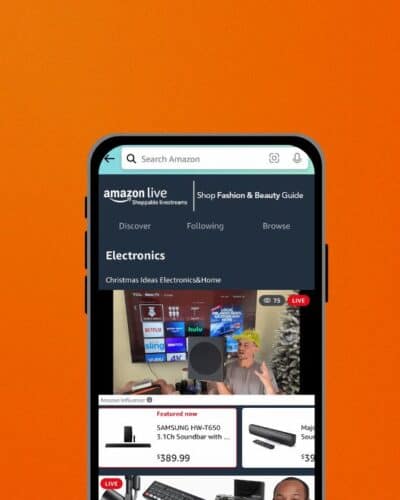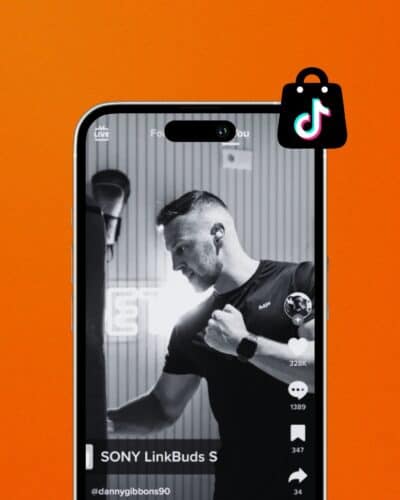The footballing greats from years gone by all had their own visions for the future of the sport. Johan Cruyff envisioned a world dominated by the Dutch “total football” formula, Pep Guardiola cultivated the Spanish game with “Tiki Taka”, and the Brazilian school of talent through the nineties and noughties ushered in the era of “Joga Bonito” – to play beautifully.
How many of those profound thinkers would have foreseen the introduction of virtual stadiums in the metaverse, player analysis via virtual reality headsets, and non-fungible tokens (NFTs) cultivating the interest of football fans worldwide. My guess is not a single one.
Do Football Teams Use Virtual Reality?
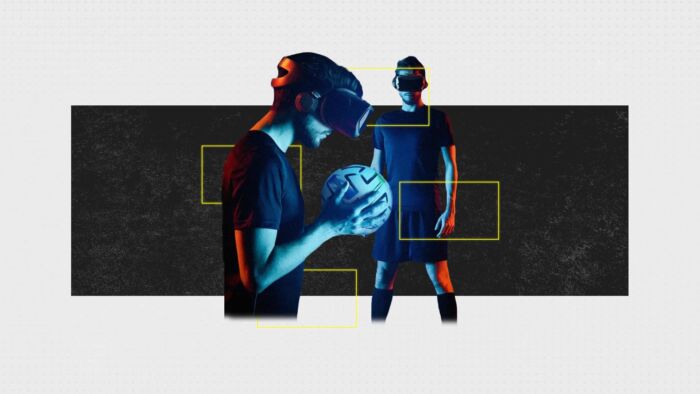
The answer to the question is, yes, they do.
Manchester City has been keen to prove how progressive they are, and their venture into virtual reality certainly speaks volumes and provides some context to the ways in which football is evolving.
On any given day at the Etihad Campus, defenders like Ruben Dias or Kyle Walker can test their skills against nearing opponents, Mo Salah for example, via the technology at their disposal. A simple power-up of a virtual reality headset would place either of these defenders against a player of their choice, or a 110% version of that player to further enhance their defending abilities.
By introducing virtual reality to training processes, football clubs, players, managers and staff have the opportunity to take analysis into a first-person virtual perspective, enabling real-time scenarios to develop their abilities and understanding of the game.
This technology has been made available to Manchester City because of the club’s partnership with software company Rezzil, a Manchester-based business whose early investors included Vincent Kompany, the former City captain.
Virtual reality training drills started to take a foothold amidst the uncertainty of the pandemic. With social distancing laws in place, training using virtual reality technology provided a way for players and managers to continue their practices from the safety of their homes.
VR training has proven its worth since football returned to normality. It has provided injured players with the platform to test their sharpness and simulate each scenario they need in order to return to fitness.
Away from physical enhancements, there is the analysis side, which allows players, managers and coaching staff to pick apart footage from games enabling them to see the ways they failed or succeeded, and how they can build on those learnings.
“We have the capability to recreate a game as it was on Saturday and drop you at any point in that position in the stadium,”
Stated Andy Etches, one of three co-founders at Rezzil, and a former City employee,
“Sometimes you might have four players running at you at 37km/h – which is faster than most people would be on a bike – and trying to work out what decision to make in real-time while they’re moving as well and they have to get their body position right.”
Manchester City is Building the World’s First Metaverse Stadium
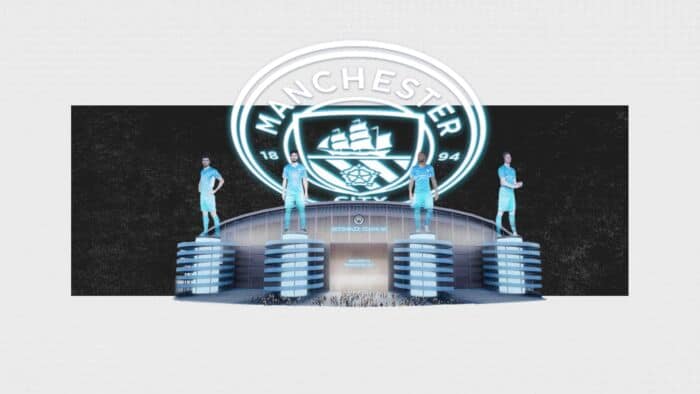
The metaverse is essentially a virtual world. In a metaverse, people take on the form of avatars to meet other users, shop, explore and play games amongst other things.
Remember how Manchester City wanted to be viewed as progressive – a pioneer of future football? Well, here’s some more evidence of that.
The world’s first metaverse football stadium is currently under construction. With the help of Sony, Manchester City is hoping to sell out the Etihad Stadium ten times over by providing fans across the globe to attend the coveted infrastructure entirely within the realms of the metaverse.
Using image analysis and skeletal-tracking technologies, the club’s stadium will become the central hub of the City in a virtual reality world.
City’s club officials dream of a time when the virtual stadium is brimming with fans who don’t have the privilege of going to Manchester to watch live games. Instead, they will be able to enjoy the City experience live from their homes all across the globe.
The development of a virtual stadium really is the first step – the metaverse could totally reimagine the foundations of football. Other ideas that are in the works include fans meeting players in the metaverse, interacting with each other and purchasing products that are exclusively virtual. Nurria Tierre, City Football Group’s chief marketing and fan engagement officer expand these ideas further:
“The whole point we could imagine of having a metaverse is you can recreate a game, you could watch the game live, you’re part of the action in a different way through different angles and you can fill the stadium as much as you want because it’s unlimited, it’s completely virtual,”
“But also you’re in control of what you want to be watching at that time. There’s not one broadcast point of view, you can look at it through any angle of the stadium. That’s the sky – the limit.”
Should the metaverse become a household name within football, broadcasting rights could face huge alterations. Currently, broadcasters such as Sky, BT and Amazon Prime are the main proprietors for broadcasting rights to the Premier League but, clubs are now exploring the idea of using their own metaverses to conduct their own broadcasting.
The metaverse has the potential to monumentally shift the footballing world as we know it, within the next five-to-ten years sitting on the sofa watching Liverpool against Manchester City via a BT Sport broadcast could be a thing of the past. Instead, football fans could be peering over the shoulder of Harvey Elliot as he whips a free-kick into the box with a ‘no holds barred’ spectatorship of football games.
Sports Collecting Gets a Digital Makeover
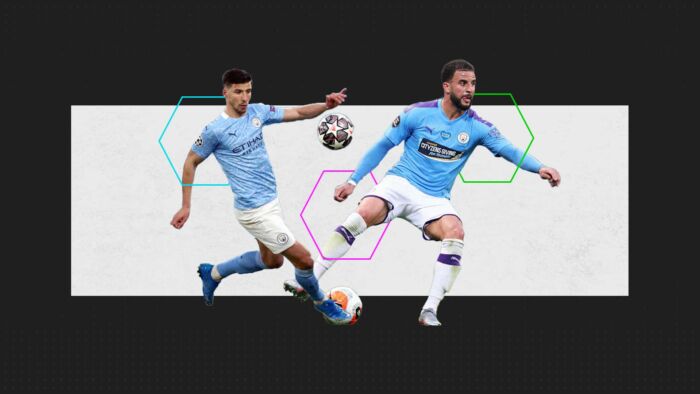
Think back to the days of Match Attax and that feeling of walking into your primary school classroom wielding a shiny Cristiano Ronaldo collectable card, this is essentially the same placeholder for NFTs within football.
NFTs offer a spruced up and digitalised version of trading cards that have existed for generations. Acquiring a football NFT grants ownership, but does not include copyright. This means the owner of the NFT could display their prize publicly, but not have the opportunity to generate income from it.
So, for football leagues, teams and players that hold those copyrights this presents a potential additional source of revenue if they develop and distribute NFTs on the blockchain.
As of February, the fantasy football game Sorare (which enables its users to buy, sell, trade and manage a virtual team with digital player cards) had 227 football teams from across the world featured on the platform.
In Italy last year, a series of NFTs were released ahead of the Coppa Italia final, including match highlights, rotating medals, a view of the victory ceremony, and a unique Perrone imagination of the Coppa Italia Trophy in which the rarest iteration sold for 3,500 Euros.
This is just an example of the opportunities in which NFTs can complement football events with digital releases – although in this case, the price tag was of small proportion, so let’s take a look at a high-end NFT acquisition.
A licensed NFT collection called ‘Messiverse’ was auctioned to the public in August 2021 featuring ‘The Golden One’ card. This digital artwork of Lionel Messi had a reserved price tag of $50,000 but soon skyrocketed to offers of over one million. The last recorded bid for the NFT was $1.12 million, which is 161% of the value of the most expensive physical football card ever sold.
NFTs can also provide value to other aspects of Football. In the US, the NBA’s Dallas Mavericks are testing ways to capture a share of resold tickets. This involves E-tickets that are sold as NFTs, with programmable features that demand a percentage of any resale value, which ultimately returns to the issuing organization.
The current football season will prove to be a pioneering period for NFTs, and if the experience of current adopters proves to be a positive one, the market will continue to expand, with more teams venturing into the digital collectables space.
Make sure to explore our case studies with the likes of Formula E and UEFA to see how we used social and influencers to raise awareness and excitement around sporting events!
You can also follow us on Linkedin, Instagram and Twitter for real-time announcements of all our new blog content!
